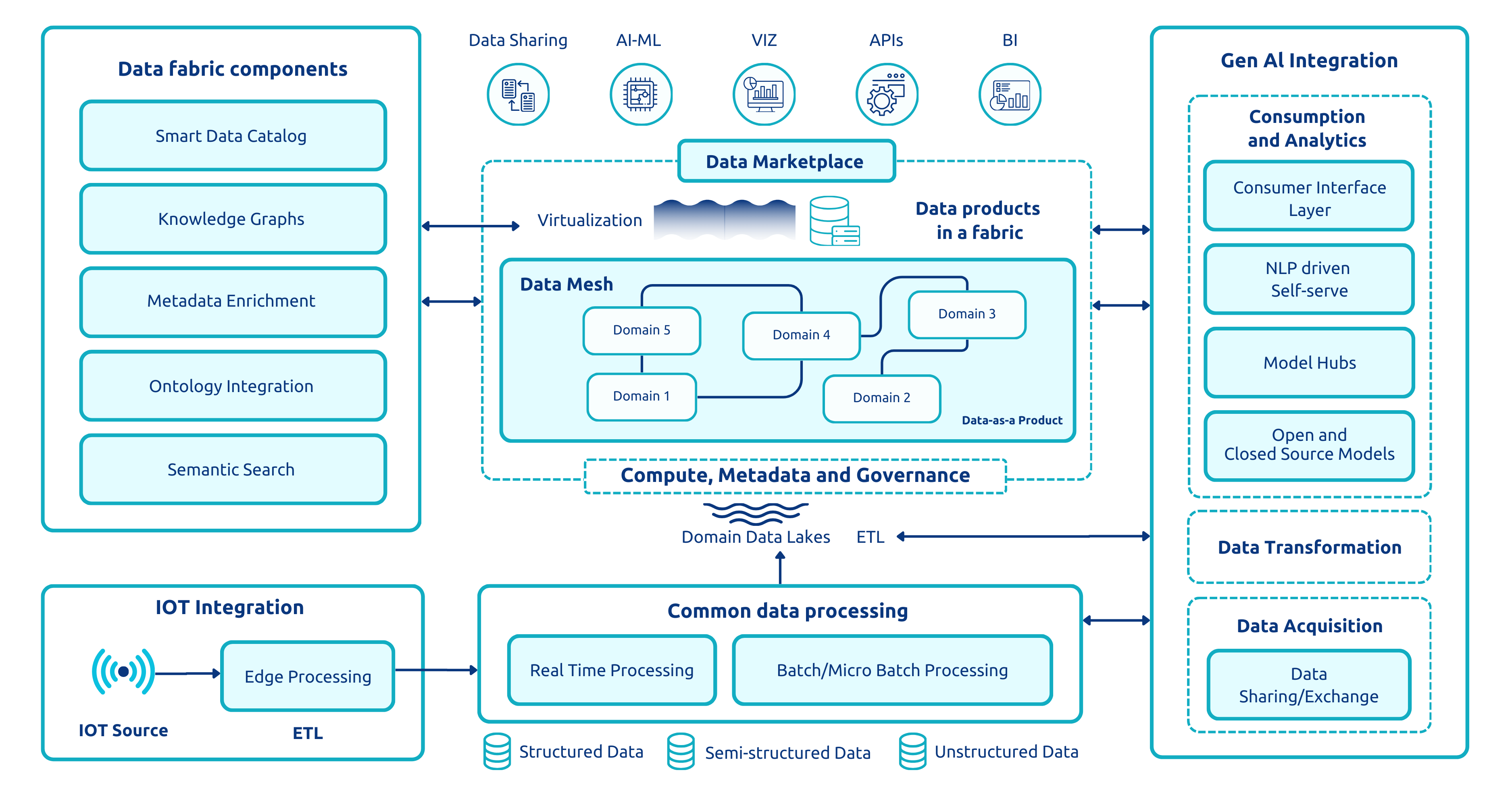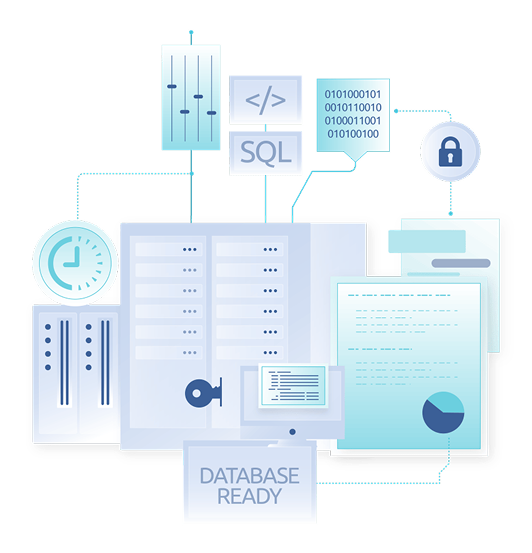Turn Raw Data into AI-Ready Intelligence, fast
Datavid’s expert-led data engineering services integrate fragmented data, providing reliable insights, and AI-driven innovation.
Challenges We Solve
Our Approach
Composable and reusable pipelines
FAIR data principles from day one
Built-in data observability, governance, and lineage
AI, search, & compliance-ready architecture
A Modern Data Lake Reference Architecture
Ready to build your AI-ready data foundation?

Our Data Engineering Capabilities

Data Foundation
Governance & Trust
AI & Semantic Enablement
Solutions Built for Knowledge-Rich, Regulated Industries
From life sciences to publishing, we help organizations turn complex data into business-ready platforms that scale.

Life Sciences

Financial Services

Publishing
Standards
Multi-model data platform expertise

Proven accelerators via Datavid Rover

Real-world success

Integration of semantic enrichment

Strategic co-design
Why Datavid AI vs. Generic LLMs?
| Feature | Traditional Vendors | Datavid |
|---|---|---|
| AI/LLM-Ready Data Outputs |

|

|
| Semantic Search & Enrichment |

|

|
| Multi-model (Graph + Document) |

|

|
| FAIR Principles Implementation |

|

|
| Proven Industry Expertise |

|

|
| Proven Enterprise Expertise |

|

|
| Pre-built Accelerators for Faster Delivery |

|

|
Datavid helped us deploy a data hub in 10 weeks, something our internal teams couldn’t complete in 2 years.Ameeq Mohammad, Molecular Diagnostics Account Specialist, Roche
Your Questions. Answered.
What data engineering challenges does Datavid solve?
Datavid helps organizations address fragmented pipelines, poor data quality, compliance risks, and slow time-to-insight. We unify data from multiple sources into governed, reusable pipelines that are ready for analytics and AI.
How does Datavid ensure data governance and compliance?
Our platforms embed FAIR principles, observability, and lineage from the start. We design workflows with built-in governance and compliance, ensuring your data meets regulatory standards while remaining traceable and auditable.
How quickly can Datavid deliver a usable data foundation?
With accelerators like Datavid Rover, we deliver semantic pipelines and AI-ready data layers in weeks, not years. Our lean, senior-led teams move fast while keeping delivery reliable, scalable, and aligned with business needs.